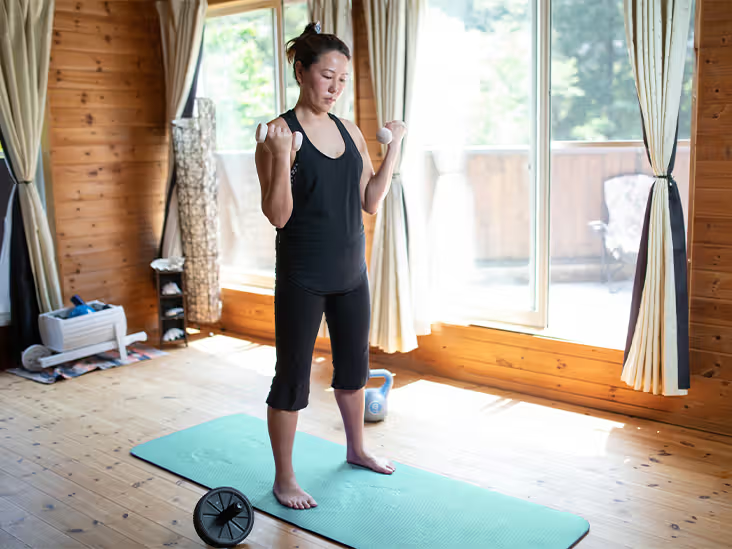The Foundation of Wellness: Building a Healthier Life One Step at a Time

The Foundation of Wellness: Building a Healthier Life One Step at a Time
In today’s fast-paced world, health often takes a back seat as people juggle work, family responsibilities, and social commitments. Yet, true success and happiness are impossible without good health. It forms the very foundation of a fulfilling life, influencing not only physical strength but also mental clarity and emotional stability. The good news is that maintaining health doesn’t require drastic overnight changes—small, consistent steps make a profound difference.
Understanding Health Holistically
Health is more than the absence of disease. It’s a balance of physical, mental, and emotional well-being. While modern medicine has made incredible advancements, prevention remains the most effective strategy for long-term health. Eating nutritious foods, exercising regularly, managing stress, and getting adequate rest are fundamental habits that create resilience against illnesses.

Nourishment From the Inside Out
Nutrition is often the starting point of a healthier lifestyle. What we eat directly impacts energy, mood, and immunity. Whole foods such as fruits, vegetables, whole grains, legumes, nuts, and lean proteins provide essential vitamins and minerals. Reducing processed foods, sugary drinks, and excess salt can prevent lifestyle-related conditions like obesity, diabetes, and high blood pressure.
Hydration is equally important. Water supports digestion, circulation, and detoxification, yet many people overlook it. A simple rule is to listen to your body and drink water throughout the day, especially during hot weather or physical activity. Even small swaps, such as replacing soda with infused water or herbal teas, can significantly improve daily health.
Movement as Medicine
Exercise is often called the most powerful drug—one that costs nothing and has no negative side effects. Regular physical activity strengthens the heart, improves circulation, supports mental health, and helps maintain a healthy weight. The best part? It doesn’t have to mean spending hours at the gym.
Walking, cycling, dancing, yoga, or even gardening can be enjoyable ways to stay active. Experts recommend at least 150 minutes of moderate exercise per week, but consistency matters more than intensity. Finding an activity you enjoy ensures you’ll stick with it.
Prioritizing Mental Health
In recent years, mental health has rightfully gained more attention. Stress, anxiety, and depression can affect physical health just as much as poor diet or lack of sleep. Learning to manage stress is crucial for overall wellness.
Mindfulness practices such as meditation, journaling, or deep breathing exercises calm the nervous system and improve focus. Spending time in nature or pursuing hobbies can also create a healthy balance between responsibilities and relaxation. Importantly, reaching out for professional support when needed should never be seen as weakness—it is a step toward healing and strength.
The Power of Rest
Sleep is often sacrificed in today’s “always on” culture, but it’s one of the most critical factors for health. During deep sleep, the body repairs tissues, strengthens the immune system, and consolidates memories. Adults generally need seven to nine hours per night, yet many get far less.
Creating a consistent bedtime routine—such as limiting screen time before bed, keeping the bedroom dark and cool, and winding down with calming rituals—can improve sleep quality dramatically. Rest is not a luxury; it is a necessity for peak performance and long-term health.
Building Sustainable Habits
One of the biggest mistakes people make is trying to change too much, too quickly. Sustainable health comes from gradual shifts that fit into your lifestyle. Start with one habit—like adding an extra serving of vegetables daily, taking a 15-minute walk, or reducing caffeine—and build from there. Over time, these small changes compound into powerful results.

Tracking progress and celebrating small wins also keeps motivation alive. Remember, health is not about perfection but about progress and balance.
Conclusion
Good health is not a destination but a lifelong journey. By nourishing your body with whole foods, staying active, caring for your mental health, and getting quality rest, you create a foundation for vitality and joy. Every step you take, no matter how small, contributes to a stronger, healthier, and more fulfilling life.
Your health is your greatest investment—nurture it, and it will reward you in countless ways.









